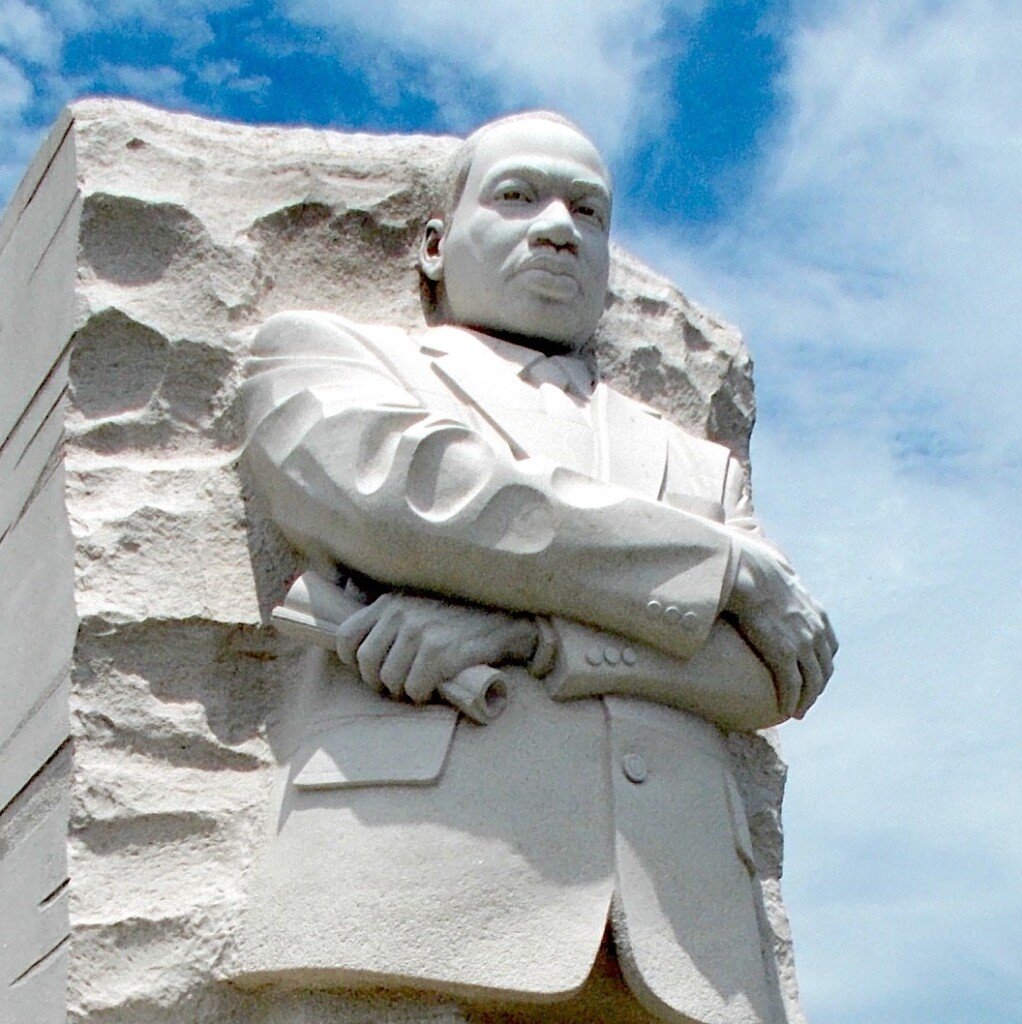Get Energized About the PSC
Georgia Republicans and conservative-leaning independents should not underestimate the importance of next month’s statewide races for two of the five of the Public Service Commission seats. I fully understand that even by typing out “Public Service Commission” in the first sentence of this column that I run the risk of inducing so many yawns that readers abort before getting to the second paragraph, perhaps needing to recline for a nap.
 Few Georgians could name the members of the state Public Service Commission or accurately say what the board works on. Let me sum it up as succinctly as I possibly can to avoid slipping another sleeping pill into this column now that you’ve doggedly persevered into the second paragraph: It regulates Georgia Power and natural gas marketers, and thus plays a leading role in balancing the need to keep energy affordable while planning for future electricity demand and reinvesting in the grid so that it’s resilient through those relentless, blazing, miserable Georgia summers.
Few Georgians could name the members of the state Public Service Commission or accurately say what the board works on. Let me sum it up as succinctly as I possibly can to avoid slipping another sleeping pill into this column now that you’ve doggedly persevered into the second paragraph: It regulates Georgia Power and natural gas marketers, and thus plays a leading role in balancing the need to keep energy affordable while planning for future electricity demand and reinvesting in the grid so that it’s resilient through those relentless, blazing, miserable Georgia summers.
Still awake? It’s ironic that we don’t take more interest in the commission’s work because it covers one of those kitchen table issues of importance to every household. Each summer, one of my neighbors takes to our group text thread to complain about their latest power bill and ask if others “think their power bill is too high.”
No one in the history of that question has ever responded, “Seems totally fair to me when you consider the cost of raw materials, new investments in the grid and the fact that I like icicles to form on my eyebrows as I sleep in 90-degree weather.”
It’s always easy for a political challenger to claim that, if elected, they’ll bring down energy prices. It’s complete baloney, but sometimes baloney sounds delicious.
Republican incumbents Fitz Johnson and Tim Echols have a strong record to run on. Georgia Power customers pay rates below the national average, the investments in grid resilience have prevented the rolling blackouts seen in less responsible states, and the commission has implemented a three-year rate freeze, giving families and businesses stability and predictability in their energy bills. This has spurred economic development and job creation. But, of course, that doesn’t exactly fit on a bumper sticker.
The Republicans’ path to re-election is in successfully defining their Democratic challengers as the true danger to affordability for consumers. Regardless of what the Democratic nominees run on, the Republicans must make them carry the burden of national Democratic policy goals that will lead to energy scarcity and higher rates like they have in California and New York.
Moves to limit fossil fuels will harm reliability, raise prices and hurt our ability to meet the needs of economic growth. Democratic promises to lower power company profits and pass on savings to consumers sure sound nice, but like many populist policies, they’d do long-term damage to reliability and affordability by reducing infrastructure investment – a continuous demand in this fast-growing state. After the pandemic, 32 left-leaning groups asked the PSC to “forgive” the debts of low-income customers. Such a move would shift the costs onto all other ratepayers and create a moral hazard – but it’s a bad idea that might gain traction if the commission had Democratic members.
These policy issues should energize center-right voters, but if that’s not enough to get them out to polls, they should also consider the politics.
Few Georgians could name the members of the state Public Service Commission or accurately say what the board works on.
In the PSC primary elections earlier this year, Democratic turnout was double that of Republicans. Given that no side spent much money on voter contact, that looks like more energy on the Democrats’ side.
In a competitive state, Republicans face several dangers this November: It’s an off-year election with a Republican in the White House; local elections in large, blue cities like Atlanta will drive Democratic turnout organically; and many of the “new” Republicans are low-propensity voters unlikely to care about an election that doesn’t involve President Trump.
Even if both Democrats won, Republicans would still hold a majority of the PSC, but the results would reverberate strongly into the 2026 election where all the state’s biggest electoral prizes are on the line. Filled with hope, national Democrats would pour hundreds of millions into Georgia next year.
Talk of baseloads, grids, megawatts and regulatory policy might cause your eyelids to get heavy, but if this election causes Republicans to snooze, they’ll lose. They need to get energized.
Brian Robinson is co-host of WABE’s Political Breakfast podcast. He won a Green Eyeshade award in 2024.






